Finance ministers from Asia -Pacific Economic Cooperation (APEC) member economies have adopted a new five-year roadmap, known as the Incheon Plan, which includes discussions on comprehensive transformation focused on artificial intelligence (AI).
According to a VNA correspondent in South Korea, speaking at the closing press conference of the APEC Finance Ministers' Meeting, held in Incheon city, west of Seoul, ahead of the official APEC Summit next week, South Korean Finance Minister Koo Yoon Cheol said the Incheon plan has outlined the medium- and long-term orientation as well as main topics for APEC Finance Ministers' meetings in the next five years.
Minister Koo said the consensus reached by all 21 APEC members ahead of the Gyeongju Summit is of great significance. He added that Korea will make every effort to ensure that the outcomes and discussions from this week's meeting contribute meaningfully to the achievements of the Summit.
Citing global changes such as major countries' trade policies and increased AI competition, the South Korean finance minister stressed the importance of regional policy coordination and cooperation.
According to Mr. Koo, if AI development is concentrated in only a few large countries such as the US and China, other APEC members risk falling behind in the digital economy and that gap could become a serious problem.
Proposed by South Korea, the Five-Year Incheon Plan includes discussions on a financial roadmap related to AI transformation for the first time, aiming to foster an innovation ecosystem and ensure equitable economic opportunities to expand the scope of APEC's financial cooperation agenda.
Mr. Koo said the 21 member economies agreed on four priorities, including fair market-based competition, improving the business environment, promoting innovation, digitalization and realizing economic potential for all.
Ministers also adopted a plan to improve the business environment, setting an overall target of achieving a 20% improvement across five priority areas, such as market access.
Based on these results, the APEC Economic Committee will issue an annual report with specific directions for cooperation to build a secure AI ecosystem and narrow the digital divide. The report is the Committee’s flagship annual publication, analyzing structural reforms across APEC economies. The 2026 edition is titled “Structural Reform and AI-Driven Digital Transformation.”
South Korea chaired the APEC Ministerial Meetings for the first time in 20 years, and also hosted the APEC Finance Ministers' Meeting and the APEC Structural Reform Ministers' Meeting.
APEC ministers responsible for structural reform reaffirmed that reform is central to sustainable economic growth, especially in a context of increasing global uncertainty.
In a joint statement from the Conference, the 21 ministers said structural reform is central to inclusive economic growth in the face of global uncertainty, technological developments and demographic change.
According to the South Korean Ministry of Finance , the successful holding of the meetings provided an opportunity to promote South Korea's economic growth strategies and vision, including its response to the AI transformation era.
By introducing new models of policy cooperation, such as joint sessions and joint lunches, Korea has positioned itself as a “policy incubator” that helps shape the future direction of APEC cooperation.
Ministers and senior officials from 21 APEC member economies gathered at the three-day APEC Finance Ministers' Meeting from October 21, under the theme "Building a Sustainable Future".
This meeting serves as the final ministerial-level session before the APEC Summit, scheduled to take place from October 31 to November 1 in Gyeongju city, North Gyeongsang province, in the southeast of South Korea./.
Source: https://www.vietnamplus.vn/cac-bo-truong-tai-chinh-apec-thong-qua-ke-hoach-5-nam-tap-trung-chuyen-doi-ai-post1072147.vnp



![[Photo] Prime Minister Pham Minh Chinh chairs meeting on railway projects](https://vphoto.vietnam.vn/thumb/1200x675/vietnam/resource/IMAGE/2025/10/23/1761206277171_dsc-9703-jpg.webp)
![[Photo] President Luong Cuong holds talks with South African President Matamela Cyril Ramaphosa](https://vphoto.vietnam.vn/thumb/1200x675/vietnam/resource/IMAGE/2025/10/23/1761221878741_ndo_br_1-8416-jpg.webp)


![[Photo] Prime Minister Pham Minh Chinh meets with South African President Matamela Cyril Ramaphosa](https://vphoto.vietnam.vn/thumb/1200x675/vietnam/resource/IMAGE/2025/10/23/1761226081024_dsc-9845-jpg.webp)
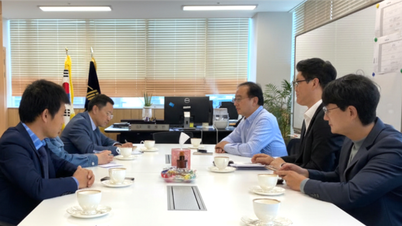

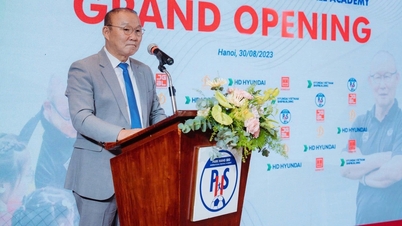


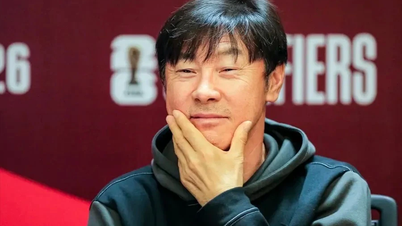







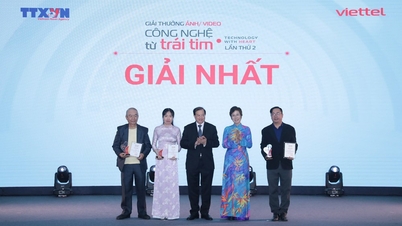

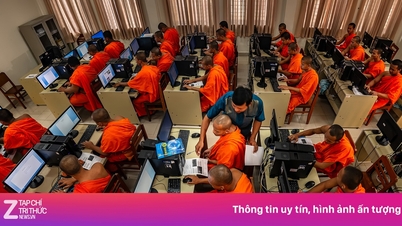






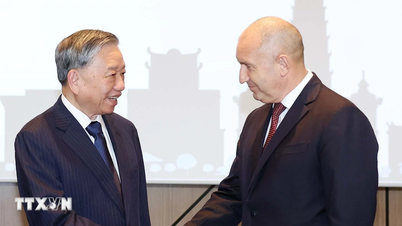
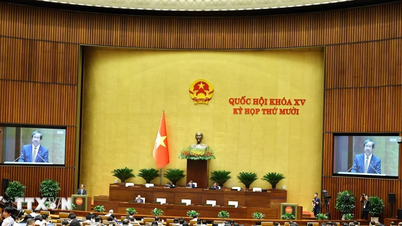
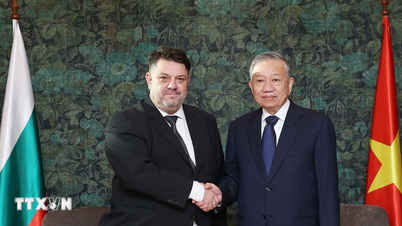
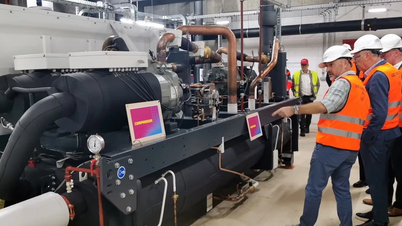
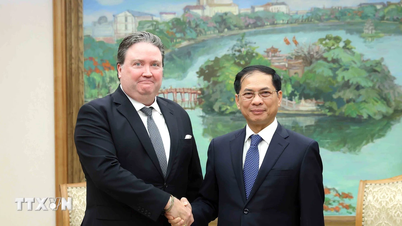
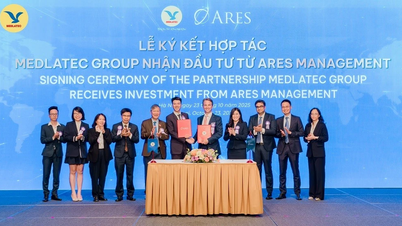



































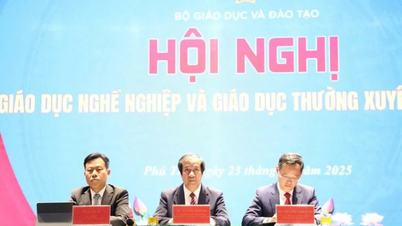

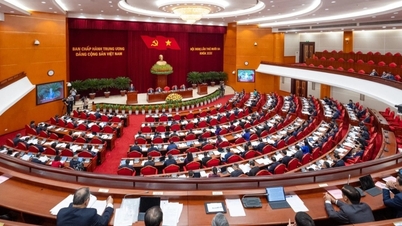

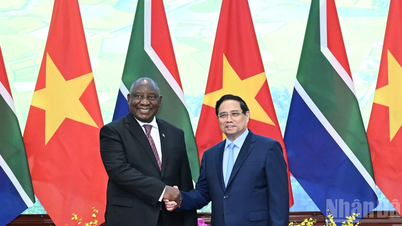
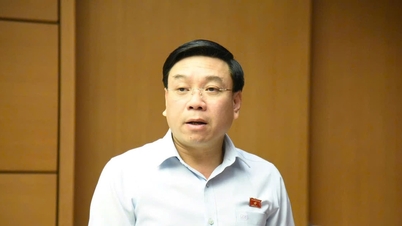






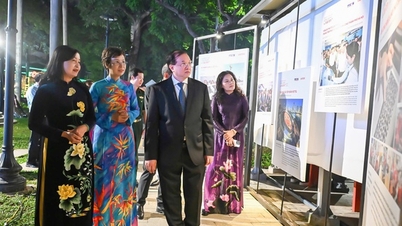




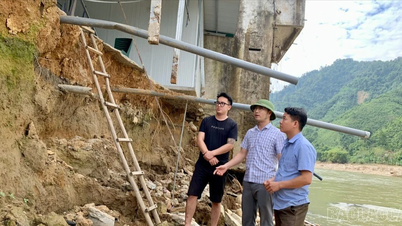

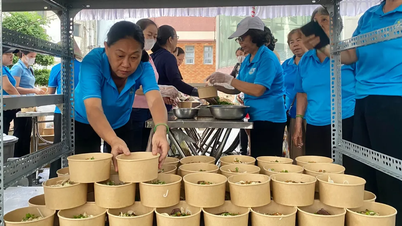



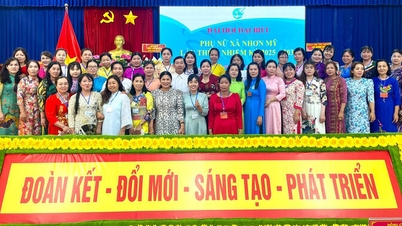
















Comment (0)